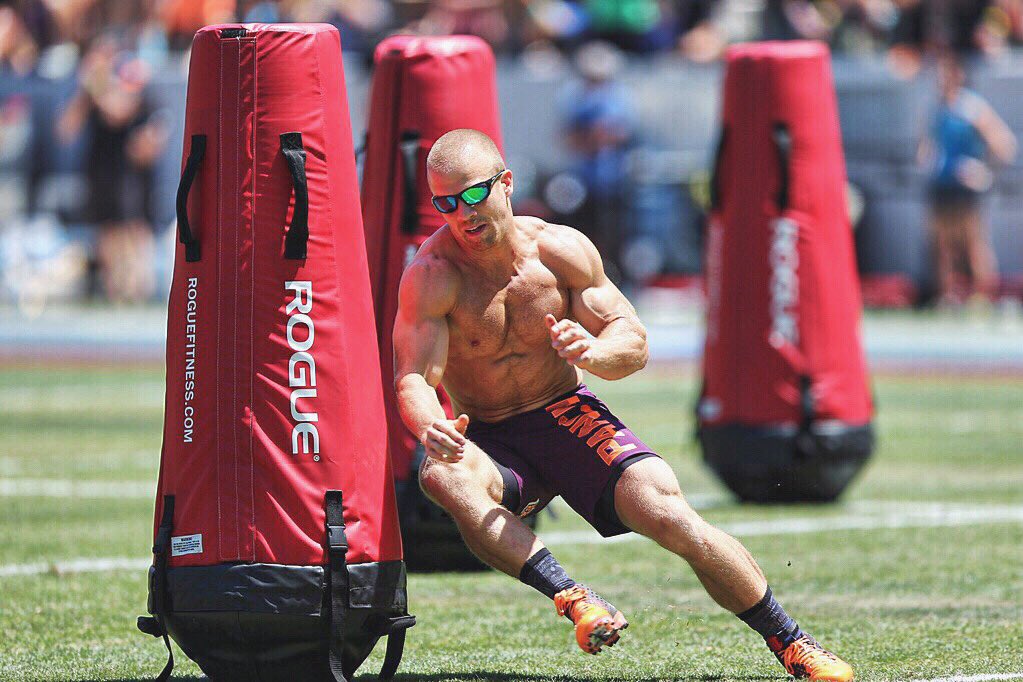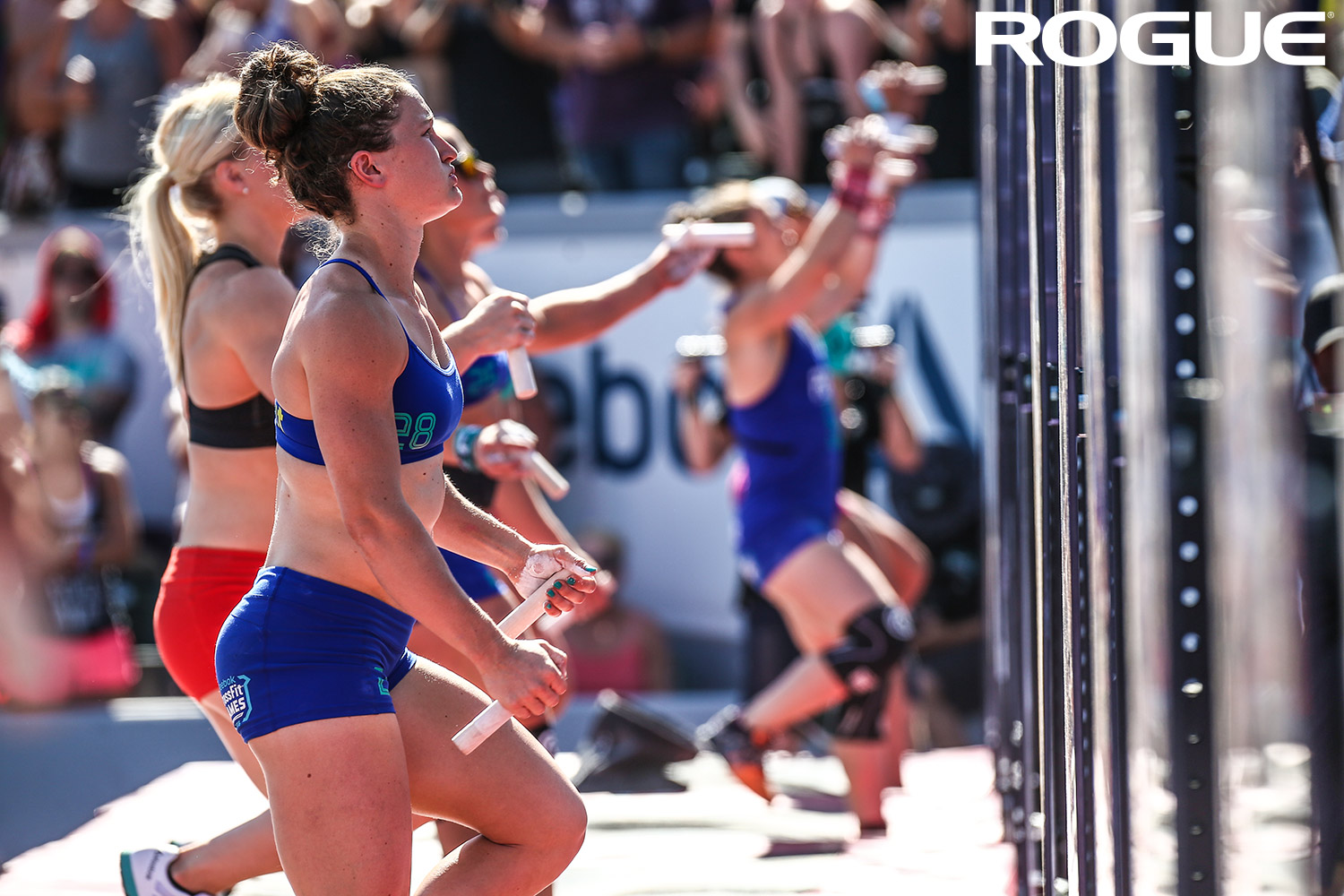Self-efficacy: why is it important to believe in yourself?
Where there’s a will, there’s a way?
By definition, performance in sport is heavily dependent on our ability to complete given tasks faster and better than our opponents. Sport psychology has placed its efforts in seeking out psychological variables that influence athletic output.
At a first glance, one had assumed that willpower was strong enough to enhance performance: willingness to beat our rivals, to improve our stats, to progress as athletes. Therefore, motivational processes had caught up most of the attention. However, performance would suddenly go awry in very capable and highly-driven athletes. How come?
Turns out there was this one psychological variable that had been meddling in the process. We were on the assumption that wanting to perform would suffice to improve these efforts. It wasn’t until Bandura questioned the relevance of actually believing one was capable, that we begun speaking about perceived self-efficacy.
What is perceived self-efficacy?
Perceived self-efficacy is the belief that one has the ability to influence events and produce a desired outcome. In sports, this would be overlooked because somehow this perception had been engulfed by motivation, and yet it has proven to be quite decisive in terms of performance.
These expectations influence the initiation of coping efforts, the expenditure of said efforts and how long they will be sustained in response to setbacks (Bandura, 1977). It makes sense if we think about sport-specific stressors. When dealing with failure, athletes don’t question the strength of their motives, in fact they tend to ask: am I even good enough?
How to improve expectations of self-efficacy
- Managing expectations. These expectations must tackle two dimensions: efficacy and outcome. For example, if I want to run 5k in 20′ I know that running an average 4:00 min/km will produce that result (outcome expectancy) and if I regularly train at this pace for an extended period of time, my chances of being successful will increase (efficacy expectancy). When creating these expectations one must take into consideration the difficulty of the task, the generality of the task (building self-efficacy for one specific task or for anything) and the stability of one’s expectations.
- Creating performance accomplishments. Bandura considered this to be the most valuable source of information for expectations of self-efficacy. It takes time to build up these expectations but most importantly, it depends on personal experience. Having successfully accomplished a task thanks to my effort will heighten my sense of self-efficacy. And if I run into failure down the road, these past experiences will remind me that sustained effort ultimately brings success (“hard work pays off”).
- Walk into the storm. Avoiding situations we believe exceed our personal skills will only feed our fears and self-debilitating expectations. I’m sure many of you struggled to get into a handstand the first time, or doing box jumps; but after you actually got it done it reinforced your sense of efficacy and helped break that mental barrier. “Self-efficacy is both a cause and effect of performance” (Moritz et. al, 2000), so it’s important to get involved in “threatening” situations in order to gain valuable experiences.

“If you don’t believe you can beat everyone you might as well not show up because you’re losing already” – Scott Panchik (8x CF Games Athlete)
Source: interview with CrossFit HQ
The point of this article was to illustrate the impact of perceived self-efficacy on athletic performance. It’s just as meaningful to have an appropriate skill set and well-established motives as it is to believe one is actually capable of outperforming their competition.
While most actions are focused on improving sport-specific abilities and motivation, self-efficacy tends to be forgotten. Think of those athletes who are just as driven and athletically gifted as their rivals but fail to rise to the occasion. What if it’s a debilitated sense of efficacy what’s holding them back?
- Bandura, A. (1977). Self-efficacy: toward a unifying theory of behavioral change. Psychological review, 84(2), 191. - Moritz, S. E., Feltz, D. L., Fahrbach, K. R., & Mack, D. E. (2000). The relation of self-efficacy measures to sport performance: A meta-analytic review. Research quarterly for exercise and sport, 71(3), 280-294.

